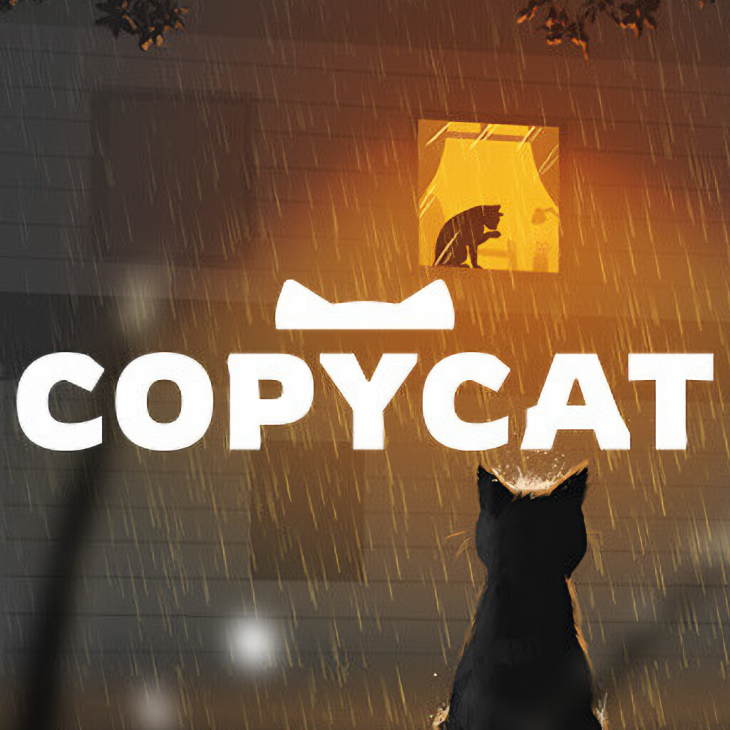
📌 Information
- Title: Copycat
- Developer: Spoonful of Wonder
- Publisher: Neverland Entertainment, Nuuvem
- Release Dates: PC (Steam): September 19, 2024
- PlayStation 5 & Xbox Series X|S: May 29, 2025
- Platforms: PC (Steam), PlayStation 5, Xbox Series X|S
- Genre: Narrative-driven Adventure
- Engine: Unity Mode: Single player
- Average Playtime: Approximately 3 hours

🐾 Introduction
Developed by Spoonful of Wonder, the Australian indie studio, Copycat emerges as a narrative-focused adventure game. The game introduces gamers to Dawn; a shelter cat filled with skepticism about her wild destiny. Olive, the elderly woman who adopted Dawn after her pet's death, creates an unanticipated relationship with the skeptical cat. Olive's home faces an identity crisis when a stray cat displaces Dawn, which causes the latter to become homeless and search for her true place of belonging.
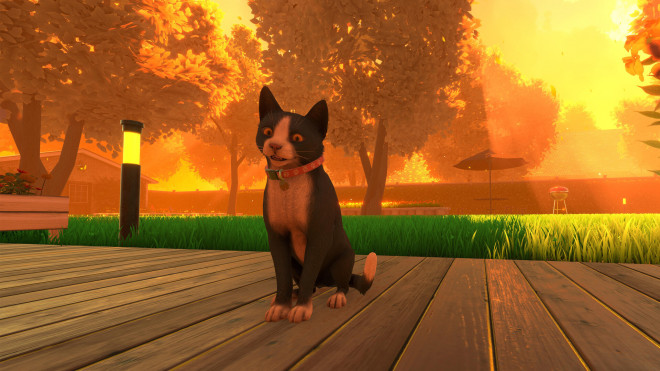
🕹️ Gameplay
The game Copycat delivers an interactive story which progresses through a fixed sequence of events without substantial user control. Players have the opportunity to perform actions which involve making cat sounds toward neighbors, destroying items, and investigating different areas. The game emphasizes storytelling through its basic gameplay design which maintains a simplistic approach. The game provides mini-games along with quick-time events, yet player decisions have minimal influence on the final result.
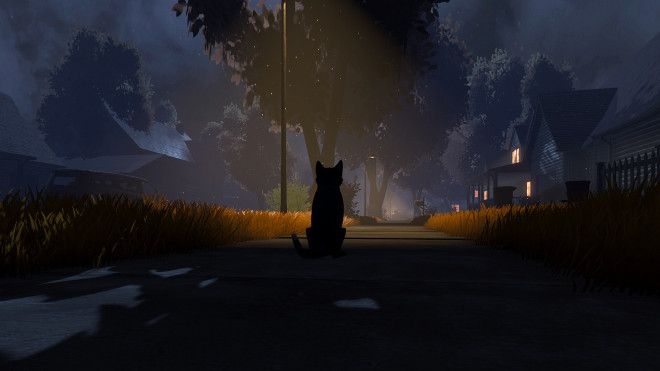
🎨 Graphics & Art Style
The art style of the game effectively portrays an inviting neighborhood ambiance while showcasing Olive's home environment in an endearing manner. The game utilizes hand-painted environments which feature a gentle watercolor style that enhances its melancholic atmosphere. The lighting elements in the game serve to underline emotional changes with a restrained yet powerful impact. The game world achieves greater realism through its inclusion of small details such as tail movements and rain reflections on windows.
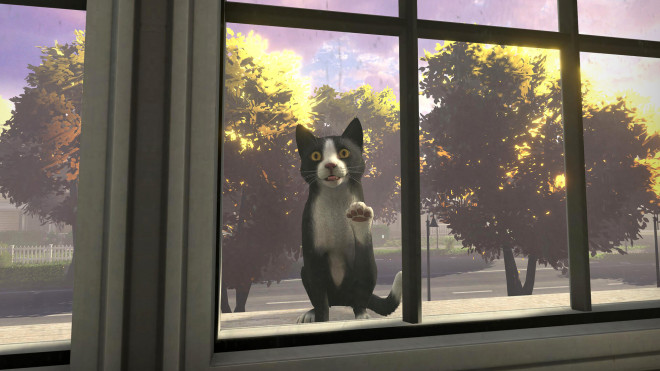
🔊 Sound & Music
Sound design functions as a vital element in the storytelling process of Copycat. The musical composition combines ambient sounds with piano elements to create a melancholic atmosphere that supports emotional storytelling which emerges especially in dialogue-free scenes. Olive provides tender and clear voice acting in her minimal lines which enhances the sound design. Dawn's meows serve an emotional purpose in the narrative while the environmental sounds including creaky floorboards and distant birdsong deliver added layers of immersion.
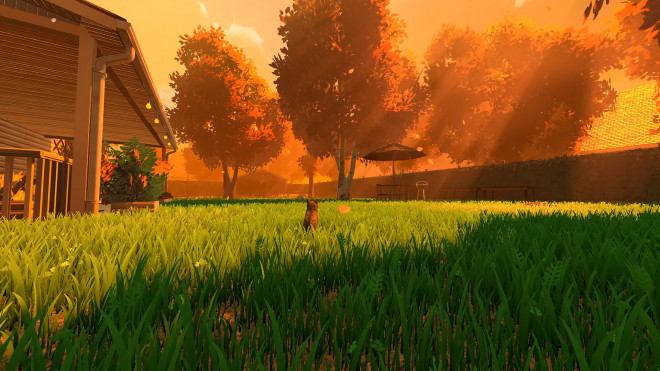
📖 Story & Themes
The central theme of the Copycat narrative centers on human relationships and the quest for personal connections. The story focuses on the friendship between Dawn and Olive to examine both the depth of companionship and the lasting effects of losing someone. The game addresses serious topics like abandonment and grief through content warnings which help players who may feel uncomfortable about these themes. Players experience the story through background details and character relationships which enable them to become fully engaged with Dawn's emotional development.
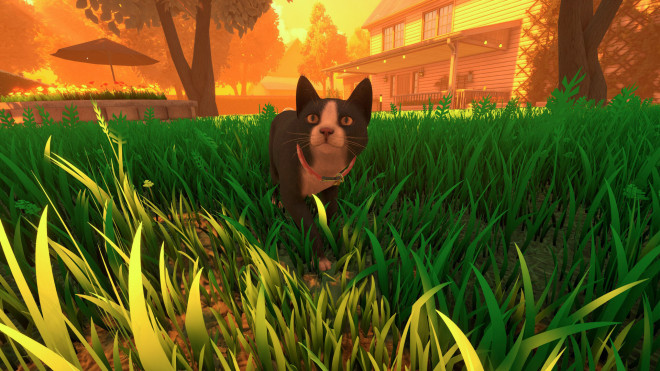
🔁 Replayability
A runtime of about 3 hours in Copycat results in restricted options for replaying the game. Players encounter a single storyline path which allows them to return to the game world for story repetition or detail discovery without receiving additional playthrough rewards. The game includes scarce memory shards as well as hidden environmental elements without introducing significant modifications to its core experience.
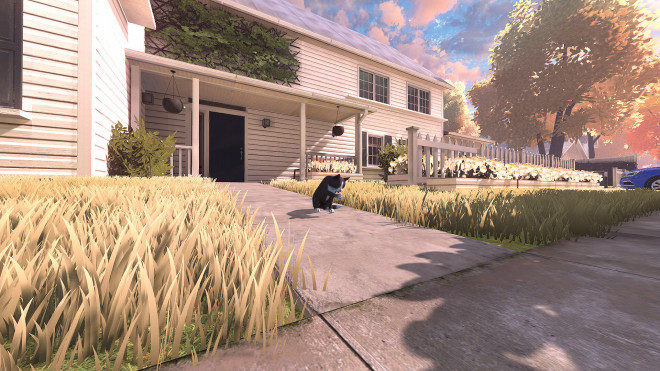
🎯 Final Verdict
Copycat creates an emotional experience that stands as a brief yet powerful narrative encounter which attracts storytelling fans. Players who enjoy narrative-heavy games will find this experience meaningful even though the gaming elements remain basic throughout. Its appeal remains selective but the people who connect with it will remember it forever.
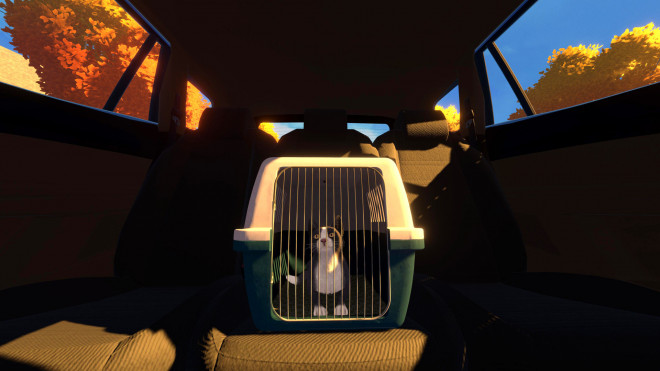
AUTHOR INFORMATION

PROS / CONS
- Emotionally resonant storytelling
- Charming visual and audio design
- Unique perspective from the viewpoint of a cat
- Thoughtful exploration of grief and identity
- Limited gameplay mechanics and interactivity
- Linear narrative with minimal player agency
- Short runtime
- Low replayability
- Some minor technical bugs (e.g., animation clipping, dialogue syncing)






